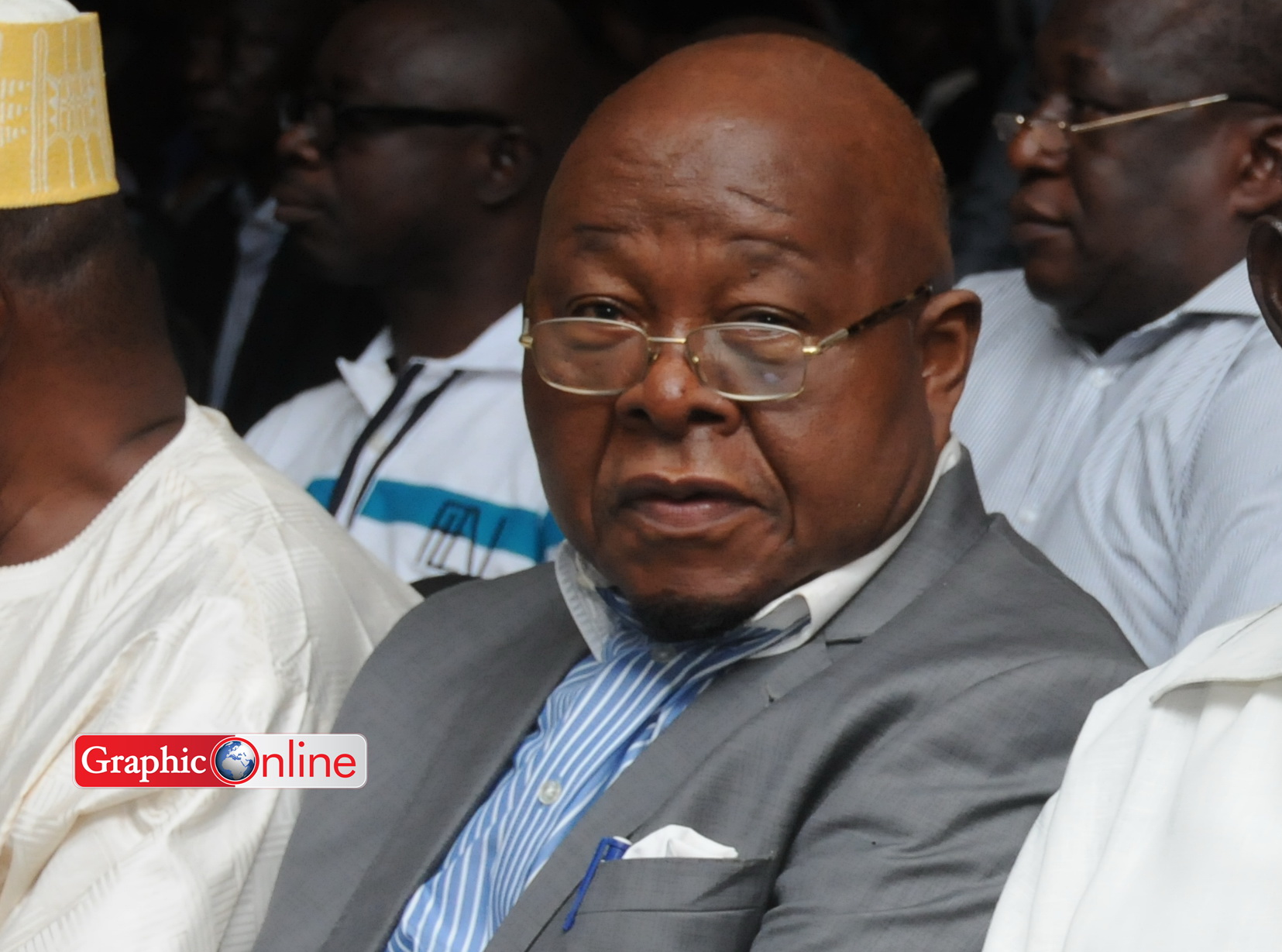
Donor partners must consolidate economic gains in Africa — Speaker
The Speaker of Parliament, Professor Mike Oquaye, has underscored the need for donor partners to support Africa to consolidate economic and political development on the continent.
He described the consolidation of the economic and political development as a second wind of change in Africa and acknowledged the role played by development partners to bring about the change.
He submitted that the insistence of the donor community that financial assistance would have to be based on the conditionality of good governance in 1988 downward brought a wind of change in the economic and political management of a number of countries in Africa.
Delivering a paper on the role of the United Kingdom (UK) in supporting democracy around the world and the link between democracy and prosperity at the 25th anniversary celebration of Westminster Foundation in London, Prof. Oquaye identified strengthening the legal framework which regulated elections and identifying weaknesses in the laws relating to elections as key.
West Africa Electoral Commission
Prof. Oquaye was of the opinion that if there were to be a West Africa Electoral Commission which was donor-driven, the sub-region could have one register for West Africa to help solve the problem.
He noted that as donors were withdrawing from election monitoring, West Africa could establish a West Africa Electoral Commission to superintend over electoral activities.
Recounting some of the benefits of donor involvement in the success of Ghana’s politics and democracy, the Speaker of Parliament said it included the drafting of a new Constitution.
“The current constitutional and legal framework resulted in new electoral register and political parties, revised electoral systems etc,” he said.
He underscored the important role of donor partners in further assisting with the provision of transparent ballot boxes at every polling station, the counting of the ballot papers and enhanced election monitoring by foreign observers among other interventions when complaints arose about the 1992 election.
“The resultant pattern of these interventions in Ghana is peaceful change of government. The arbitrariness which accompanied military rule has largely been overcome,” he said.
He was of the opinion that notwithstanding the political success achieved by Africa with support from donor partners, there were still few challenges which should be resolved before it could be said that the second wind of change had been fully attained in Africa.
{loadmodule mod_banners,Nativead1}
New economic order
Prof. Oquaye stressed that Africa needed a new world economic order to enable its democracy to survive.
He also underscored the need for developed economies to loosen their stronghold on African economies to allow them develop as well.
“It is a truism that poverty, misery and disease militate against political stability,” he said.
He said the central political thesis of Karl Marx was that the exploited in society had nothing to lose but their chains, adding: “If we do not find a solution to this economic mantra, we may labour in vain.”
He, therefore, underscored the need for the UK to partner Africa to devise a new paradigm for economic partnership which would seriously consider the economic welfare of Africa.
